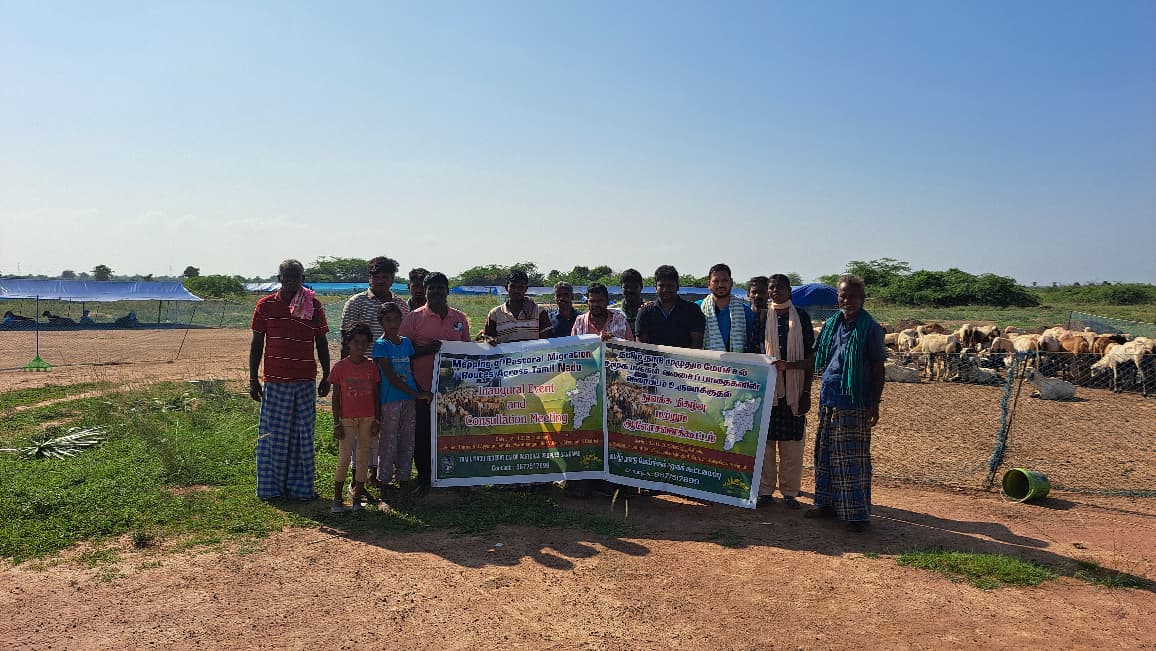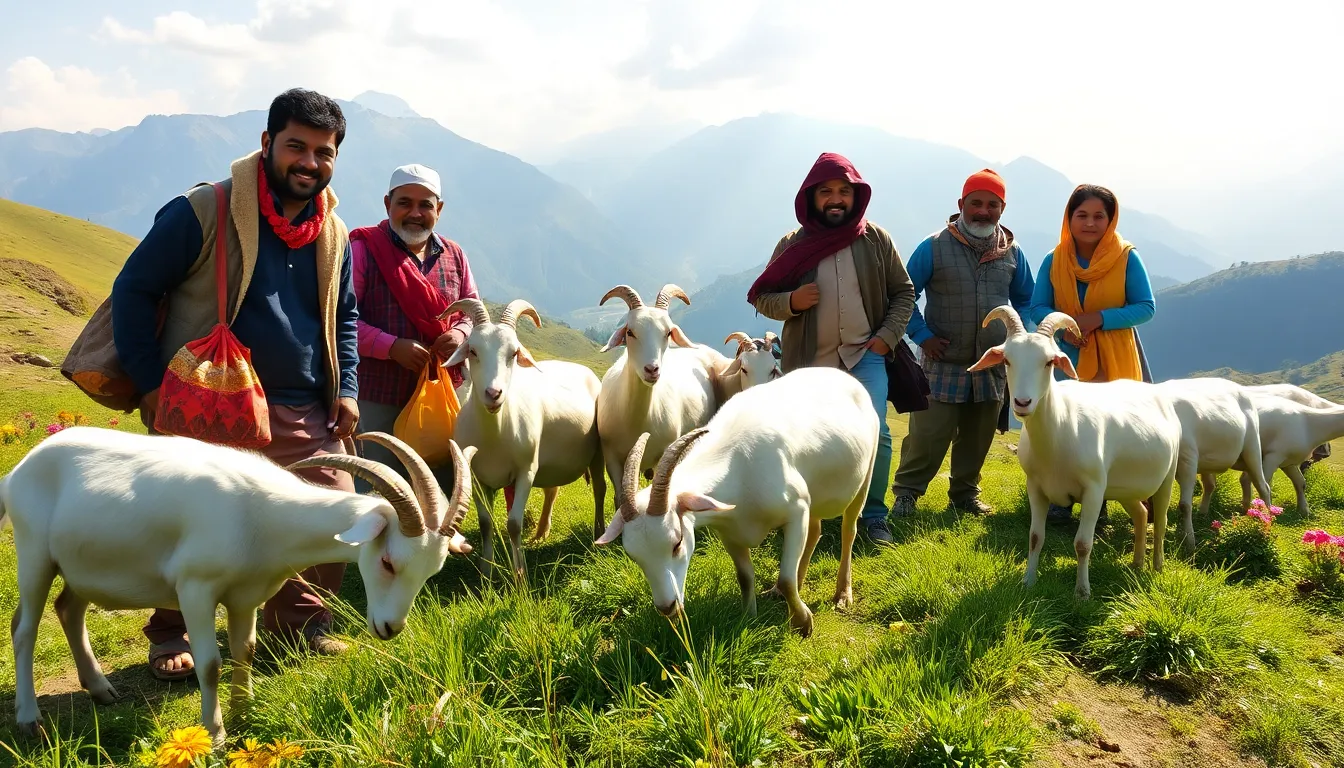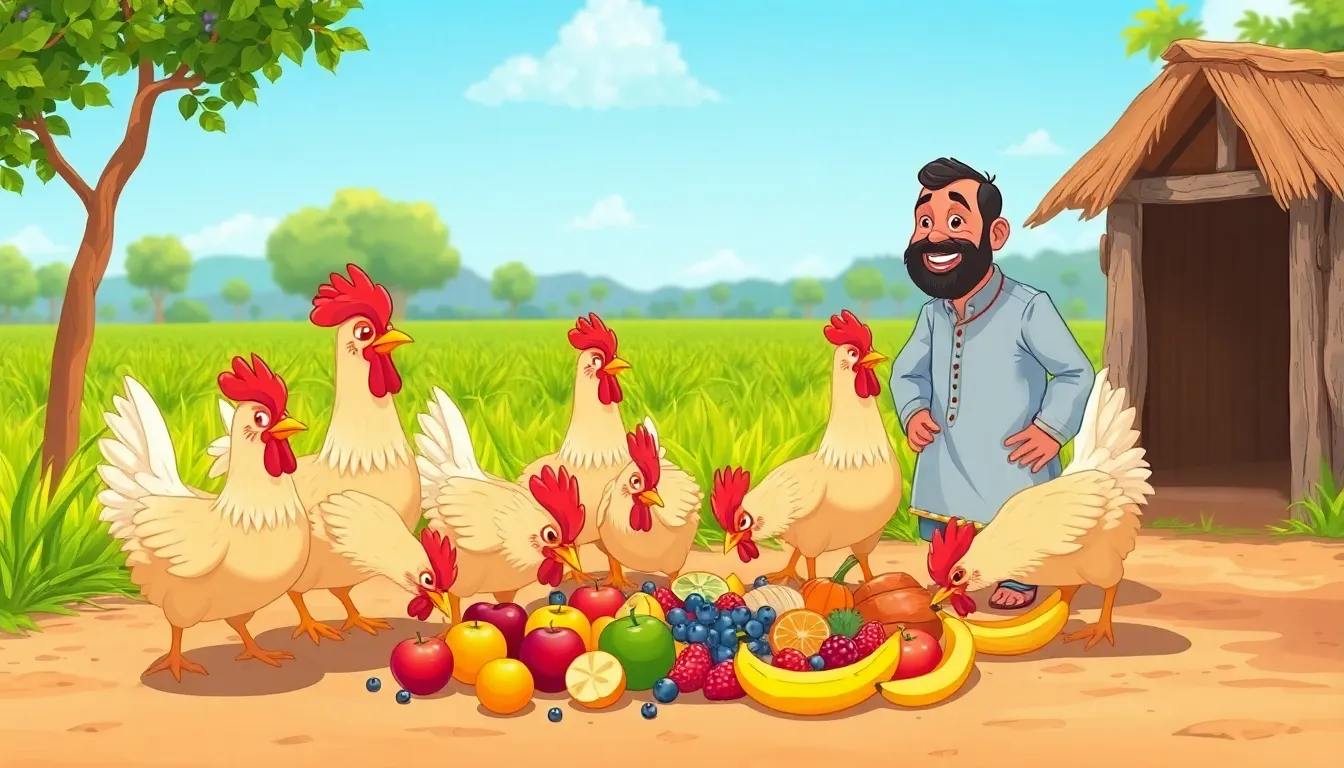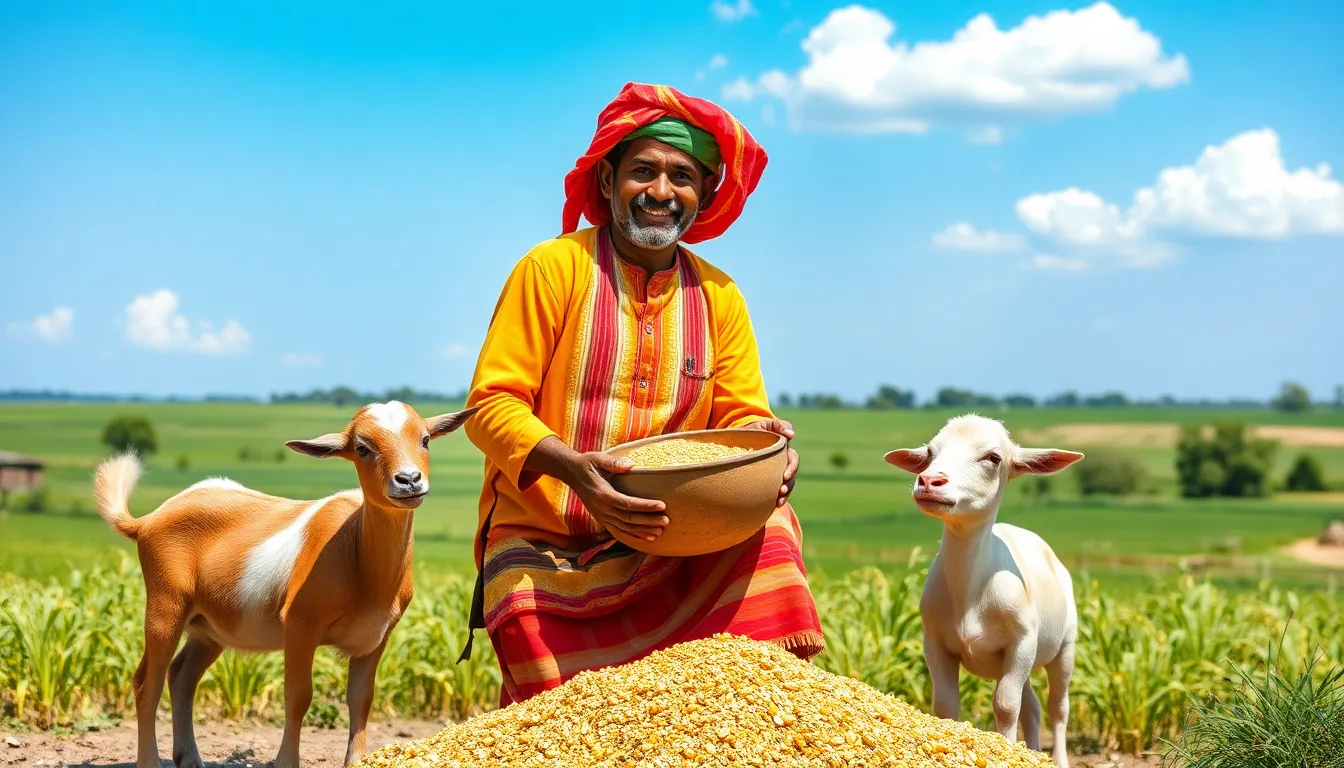Chokla sheep, native to the arid regions of Rajasthan, are a special breed known for their fine carpet wool. This breed has adapted well to harsh climates, making them ideal for dryland farmers. They provide high-quality wool and benefit shepherds economically and culturally.
The Chokla sheep are primarily found in districts like Churu, Jhunjhunu, and Sikar. Farmers in these areas have relied on them for generations. The sheep are typically light to medium-sized, with a dense, fine wool coat that covers their entire body, including their belly and legs. Their faces are generally reddish-brown or dark brown and devoid of wool. This unique appearance helps them withstand the challenging weather conditions in Rajasthan.
One of the main advantages of raising Chokla sheep is their wool. This breed produces some of the finest carpet wool in India, known for its softness and durability. The wool has a quality range from 54s to 60s count, making it perfect for carpet manufacturing. The increased demand for high-quality wool has led to an improvement in breeding practices, resulting in higher wool yields.
Farmers have reported significant growth in the body weight of Chokla sheep thanks to better breeding and management. In recent years, the average six-month weight of these sheep has increased from 16.51 kg to 24.83 kg. Additionally, the first six-month greasy fleece yield has also risen from 0.918 kg to 1.438 kg. This improvement directly impacts the profitability of sheep farming in Rajasthan.
Chokla sheep are not just economically beneficial; they are also culturally important. The breed is a symbol of pride for local farmers and contributes to the rich heritage of Rajasthan. Shepherds often perform rituals and celebrations centered around the sheep, showcasing their importance in the community.
Moreover, the adaptability of Chokla sheep to dry conditions makes them a reliable source of income for farmers in the region. They can thrive on limited fodder, which is crucial during drought periods, a common occurrence in Rajasthan.
To further enhance the breed, the state government has initiated breeding programs. Artificial insemination and the introduction of exotic breeds like Merino and Rambouillet aim to improve wool quality. However, there is a need to balance this with conservation efforts to protect the unique characteristics of the Chokla sheep.
Overall, the Chokla sheep breed represents resilience, economic potential, and cultural significance for farmers in Rajasthan. Their high-quality wool production and adaptability make them a vital part of the agricultural landscape in the region. As farmers continue to invest in better breeding practices, the future of Chokla sheep looks promising, ensuring that they remain a key player in the wool industry.




